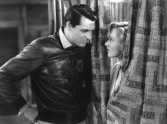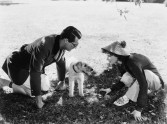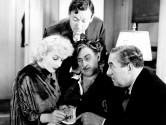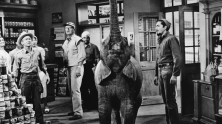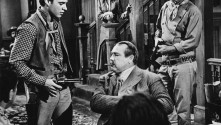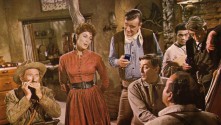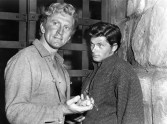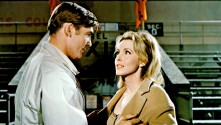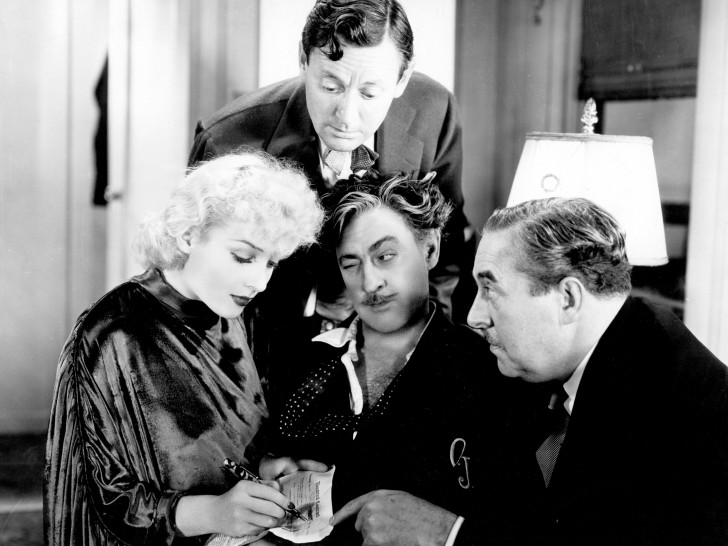
John Barrymore and Carole Lombard form a whirlwind duo as illustrious theater director Oscar Jaffe and his prized star Lily Garland in this genre-straddling Broadway portrait, a film that turns on a dime from flamboyant hysterics to weepy pathos on more than one occasion. Beginning in the spacious auditoriums and dressing rooms of Broadway and eventually moving to the stifling cabins of the titular Chicago-to-New York commuter train, Twentieth Century paints a vivid portrait of the simultaneously toxic and symbiotic relationships between the men and women of this tight-knit theatrical community, which is held together and lorded over by the autocratic Jaffe. When Garland, sick and tired of her cloying director, ditches the troupe for a rapidly successful career as a Hollywood starlet, however, everything comes undone for Jaffe—that is, until a chance encounter with Garland onboard the Twentieth Century train provides him a legacy-defining opportunity to reacquaint with his lost muse. Hijinks ensue, though for all the fast-flowing, hysterically delivered Ben Hecht dialogue, Hawks maintains an emphasis on the sorrow and tragedy of a vulnerable man realizing too late that his moment has passed.
Part of film series
Screenings from this program
Gentlemen Prefer Blondes

His Girl Friday

The Big Sleep (pre-release version)

A Girl in Every Port

The Cradle Snatchers / Paid to Love

Fazil

Fig Leaves

Man's Favorite Sport?

The Crowd Roars

Today We Live


